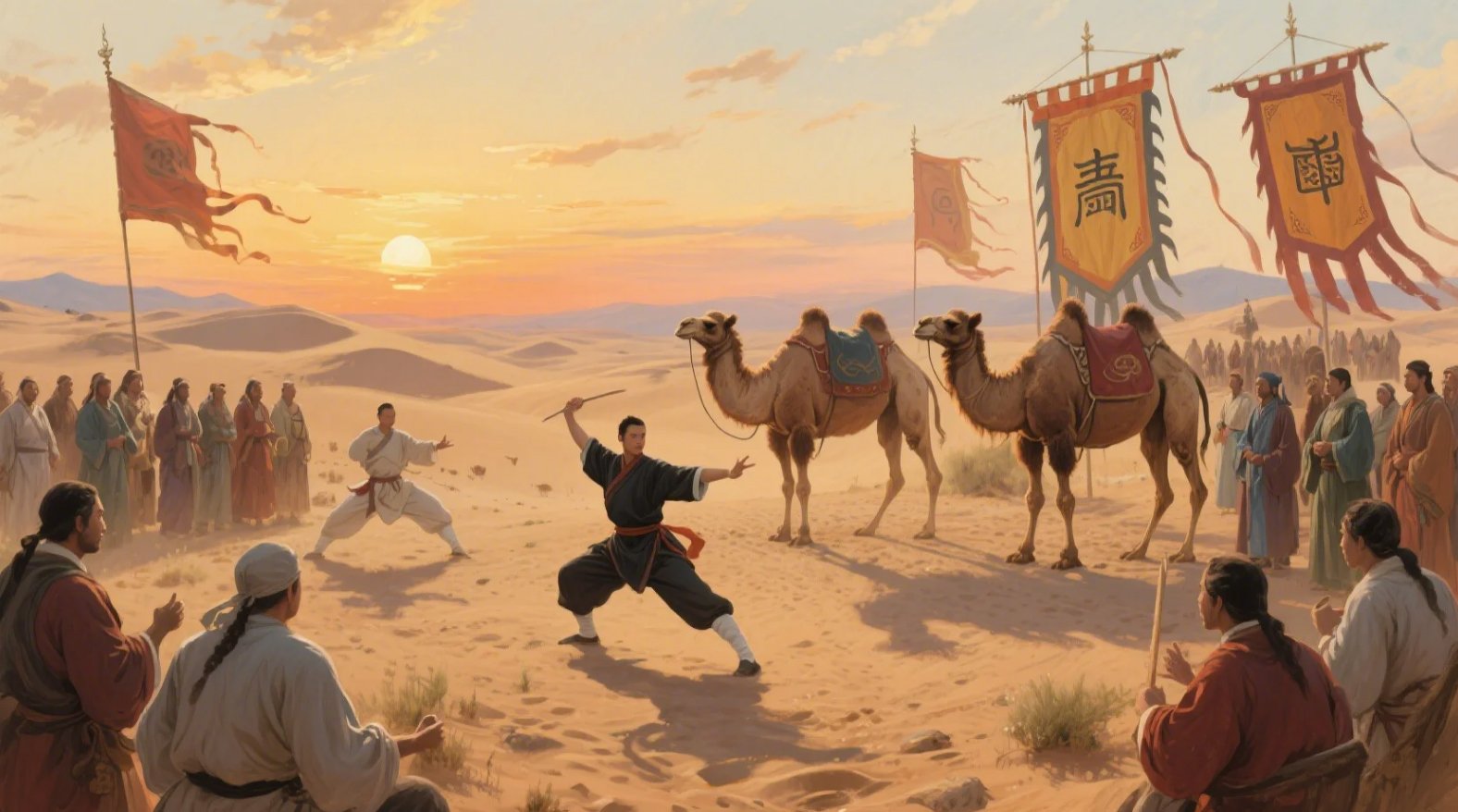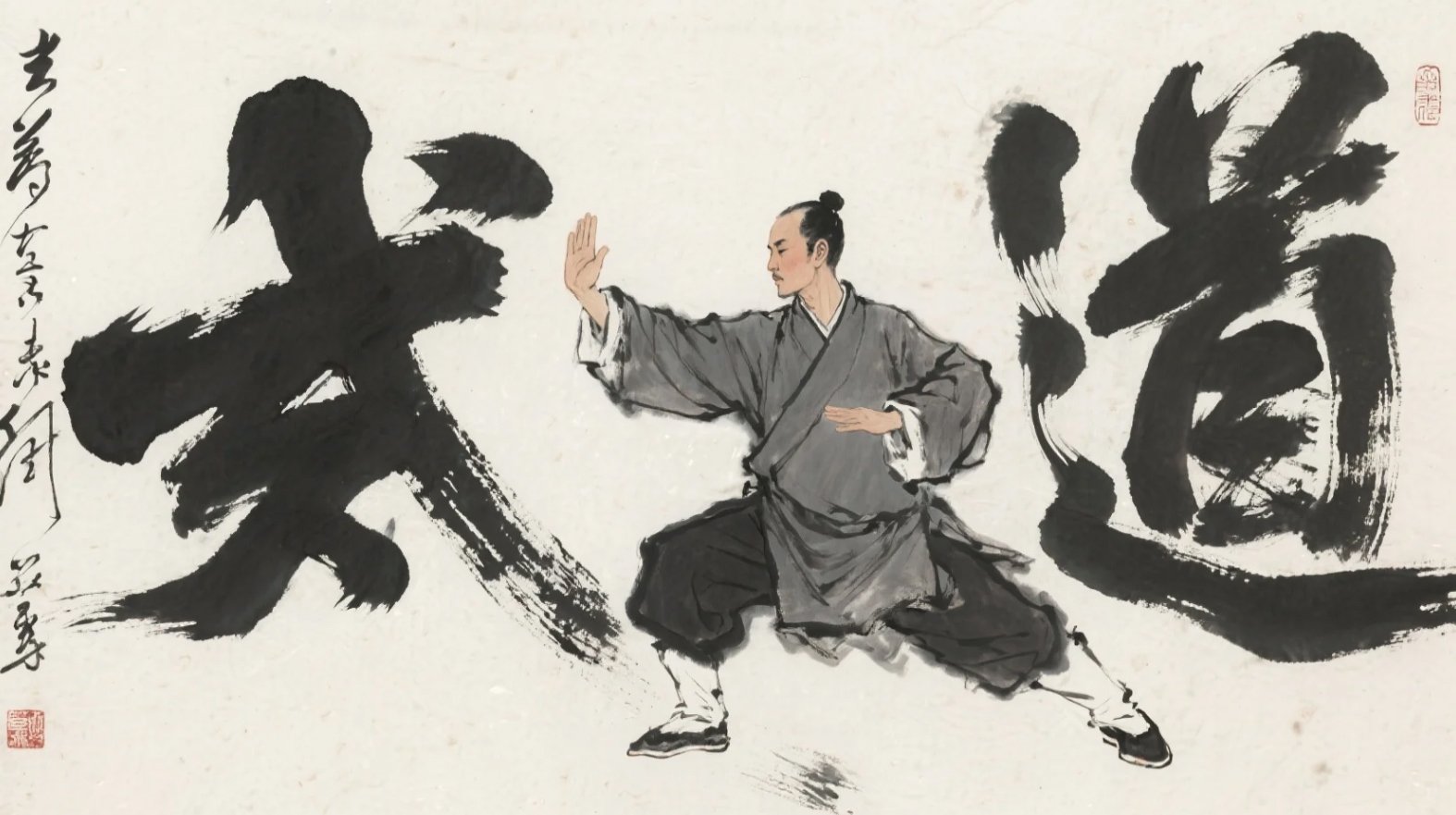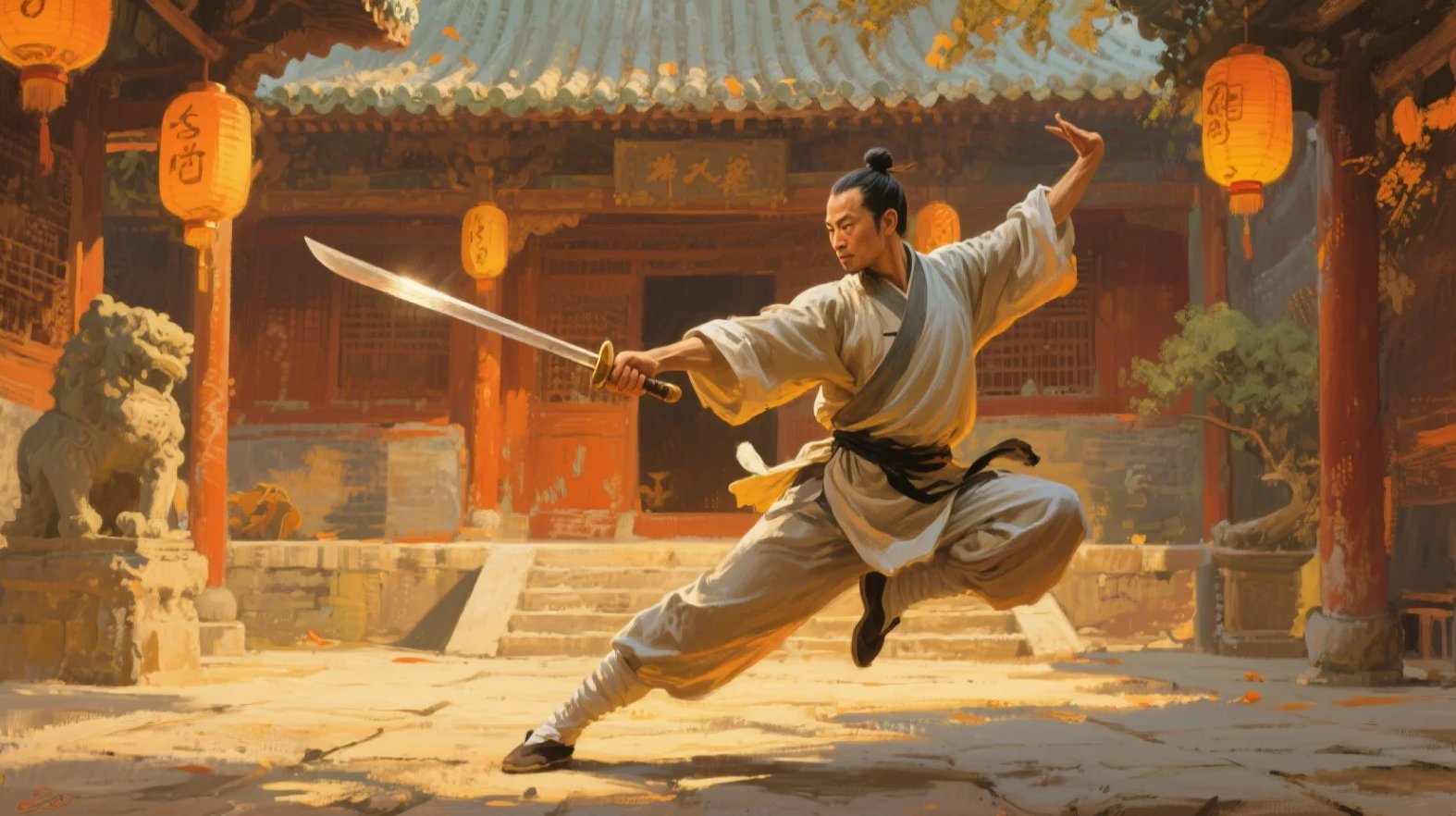A Journey Through History, Philosophy, and Cultural Identity Ancient Roots: Beyond Combat, Toward Harmony Chinese martial arts—often referred to as
A Journey Through History, Philosophy, and Cultural Identity
Ancient Roots: Beyond Combat, Toward Harmony
Chinese martial arts—often referred to as Wushu (武术) or Kung Fu (功夫)—are more than physical techniques. They are living expressions of Chinese philosophy, ethics, and cultural evolution. Rooted in ancient wisdom, these disciplines emerged not only for self-defense but also to cultivate inner peace, spiritual balance, and respect for nature and life.

Kung Fu
Philosophical Foundations: Taoism, Confucianism, Buddhism
Historically, the origins of Chinese martial arts trace back over 2,000 years, with early influences from Taoist breathing practices, Confucian moral teachings, and Buddhist mindfulness. The Shaolin Temple in Henan Province became a symbol of martial cultivation during the Sui and Tang dynasties, combining Chan (Zen) Buddhism with movement and meditation. The martial path was never just about combat—it was about virtue, focus, and the pursuit of harmony (和).
The Silk Road Connection: Martial Arts Across Borders
As Chinese culture spread through the Silk Road, martial arts followed, influencing and being influenced by other regions. Stories of monk travelers like Xuanzang and envoys like Zhang Qian helped bridge cultures between China, Central Asia, and beyond. Martial arts demonstrations became part of diplomatic exchanges, festivals, and local traditions along the route, making Wushu a symbol of discipline and shared humanity.
Global Impact: From Ancient Parks to Modern Screens
In today’s world, Chinese martial arts have become global. From cinematic legends like Bruce Lee and Jet Li, to millions practicing Taiji (太极拳) in parks around the world, Wushu continues to inspire people seeking strength, balance, and self-awareness. The UNESCO recognition of Taijiquan in 2020 reinforced its role as a cultural treasure for all humanity.

TaiJi
Preserving the Spirit: A Cultural Legacy Worth Sharing
At AllWinChina.org, we believe in sharing stories that go beyond stereotypes. Chinese martial arts are not just about action—they reflect a civilization’s values, struggles, and search for meaning. As a nonprofit platform, we aim to honor these traditions and invite readers worldwide to explore their deeper significance through history, language, and culture.



COMMENTS